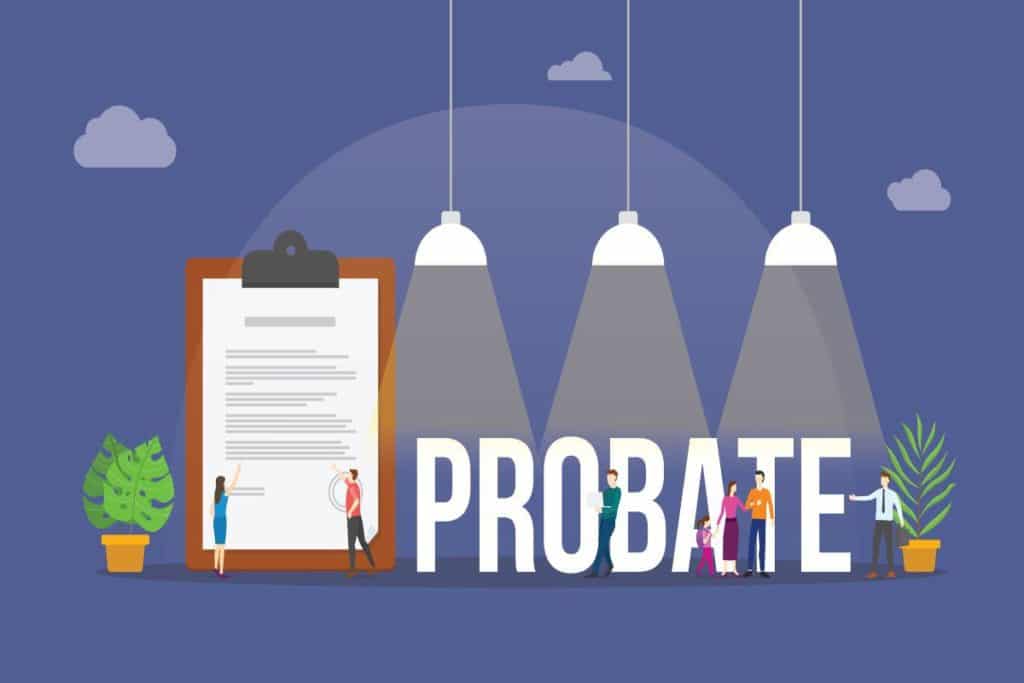Probate can be a confusing process and it is normal to have questions about how it works and why you want to avoid it. Below are a few of the questions we get from our clients:
What if my heirs don’t want what I leave them?
It may sound backward, but sometimes people do not want what is left to them. It’s not necessarily that your assets are useless or that your beneficiaries are ungrateful. Instead, likely, the value proposition is not worth it. For example, inheriting your furniture and home goods may not be helpful if your children are well-established adults and have everything they need or want. In fact, you may be burdening them with extra stuff they don’t know what to do with. If they do not want to keep these items, they will have extra work to do (which they may not have time for) to sell or donate these items.
You may think, “well, they’ll make money off my stuff…that should be worth something, right?” In the best-case scenario, yes. But as with all things, the best-case scenario doesn’t always play out how it does in our heads.
In addition to physical labor, there’s emotional labor involved when selling your stuff. Often, there is guilt that comes with selling inherited property. It feels wrong. Although these items are not needed, and your loved ones may not have the space for them, getting rid of your stuff will feel like they’re getting rid of memories. When children are put in this situation, it can feel like a lose-lose proposition.
Your children may delegate the task of holding an estate sale, especially if they do not have the time or energy to do it themselves. However, when a company comes to clean out your home in preparation for an estate sale, the service may be costly, and typically the company receives a portion of the proceeds as payment. Therefore, having a conversation with your loved ones about your items now is a good idea so there are no surprises later.
What if someone contests my will?
The requirements for contesting a will include having “standing” to mount a contest. For example, suppose a person contests your will (for example, a kid who was left out of the will by a parent or even a loving parent who decided that the local charity, rather than his children, should receive their assets). In that case, that person has the standing to bring a “will contest.” If the will is invalid, the probate court may invalidate all provisions or only the challenged portion. If the entire will is held invalid, generally, the proceeds are distributed under the laws of intestacy of the probating state.
What if the executor doesn’t want to be responsible for my estate?
The executor you appoint is the personal representative of your estate and will handle duties such as collecting assets, paying creditors, and distributing assets according to your will. Of course, if the person you appointed to be the executor does not want the role, the court will have to appoint someone else to carry out these duties. But this can be avoided by making sure the person you appointed is up for the job and an extra layer of security can be achieved by naming alternates in your will.
Will my beneficiaries be responsible for my debts?
Beneficiaries should not be liable to the deceased’s creditors simply because they are beneficiaries unless the deceased gave away their assets to someone shortly before dying or otherwise engaged in coordination with them to trick their creditors. Then, of course, the estate itself may not have much left for your beneficiaries, but they will not be out of pocket.
Ready to Learn More? Attend a Free Workshop
If you’re interested in learning more, we invite you to our free probate workshop. The workshop is available “on-demand” and covers some key areas where people make mistakes. If a loved one has recently died and you need answers about how to proceed, don’t hesitate to contact us so we can help. We offer a complimentary consultation for families trying to navigate probate.




